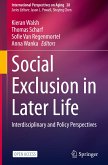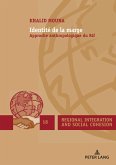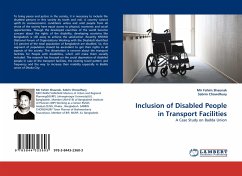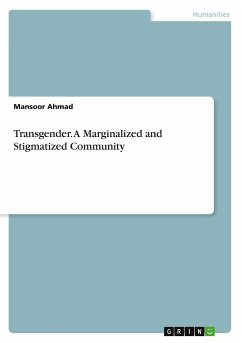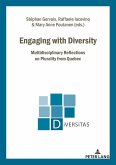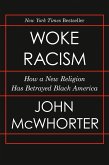This book approaches the problematic of social exclusion by way of the analysis of the symbiotic pair social exclusion/social inclusion. Its main concern is the problematisation of this pair in different contexts (both social, cultural and educational and at the local, national and supranational levels) through an analysis of five of the sites - body, work, citizenship, identity and territory - upon which social exclusion/inclusion makes its impact. Thus, an inductive approach to theories on social exclusion (and social inclusion) is developed through the study of their real effects on individuals, groups and society on the basis of three socio-cultural paradigms, namely, traditional societies, modern societies and emerging post-modern societies.
Este livro aborda a problemática da exclusão social através da análise do par simbiótico exclusão social/inclusão social. A sua preocupação central consiste na problematização desse par conceptual em diferentes contextos (sociais, culturais e educationais aos níveis local, nacional e supranacional) através de uma análise dos lugares - corpo, trabalho, cidadania, identidade e território - sobre os quais a exclusão social/inclusão social tem efectivos impactos. Assim, desenvolve-se, de forma indutiva, uma abordagem das teorias sobre a exclusão social (e, é claro, da inclusão social) através do estudo dos seus efeitos reais sobre os indivíduos, grupos e sociedade com base nos três paradigmas socioculturais, quer dizer, o das sociedades tradicionais, o das sociedades modernas e o das emergentes sociedades pós-modernas.
Este livro aborda a problemática da exclusão social através da análise do par simbiótico exclusão social/inclusão social. A sua preocupação central consiste na problematização desse par conceptual em diferentes contextos (sociais, culturais e educationais aos níveis local, nacional e supranacional) através de uma análise dos lugares - corpo, trabalho, cidadania, identidade e território - sobre os quais a exclusão social/inclusão social tem efectivos impactos. Assim, desenvolve-se, de forma indutiva, uma abordagem das teorias sobre a exclusão social (e, é claro, da inclusão social) através do estudo dos seus efeitos reais sobre os indivíduos, grupos e sociedade com base nos três paradigmas socioculturais, quer dizer, o das sociedades tradicionais, o das sociedades modernas e o das emergentes sociedades pós-modernas.


